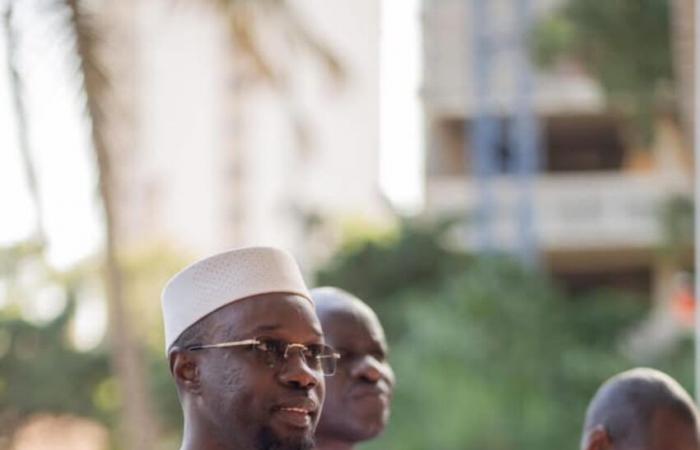In his General Policy Declaration (DPG), Prime Minister Ousmane Sonko detailed a series of ambitious reforms aimed at revitalizing the Senegalese tax system. Anxious to rationalize tax expenditures and broaden the tax base, he intends to “establish a more efficient and equitable tax policy to revive the national economy. »
The Prime Minister spoke of the current limits of the tax system, in particular a tax pressure rate of 18%, below the convergence criterion of 20% set by UEMOA. Its objective is to reach this threshold, which would generate additional revenue of several hundred billion FCFA per year.
According to Sonko, “the State has demonstrated uncontrolled generosity through tax exemptions whose effectiveness remains to be demonstrated. Between 2019 and 2022, these tax expenditures reached “2,232 billion FCFA”. He promises a rigorous evaluation of these measures in order to judge their economic and social impact.
Reforms
Among the key measures announced are: “A comprehensive audit of tax exemptions will be carried out to target the beneficiary activities or professional categories. A new matrix of exceptional measures will be established by “December 2025.” Ousmane Sonko proposes “an update of the corporate and income tax scales to adapt them to economic realities while protecting the most vulnerable groups.
In addition to this, uniform coding. The tax provisions currently scattered in various texts, such as the Investment Code and the Mining Code, will be integrated into a “Harmonized General Tax Code. And taxation of Informal Sectors. »
Fight against tax evasion
To counter tax fraud, the government plans to “reassess tax conventions with foreign states, particularly tax havens. Unfavorable clauses will be renegotiated, and practices such as abusive transfer pricing and complex tax arrangements will be better controlled. »
Convinced that tax fairness requires a broadening of the tax base, Ousmane Sonko envisages “a gradual reduction in tax rates while ensuring that hitherto marginalized sectors are included. »
These tax reforms mark a break with previous policies and aim to restore the credibility and efficiency of the Senegalese tax administration. By insisting on transparency and fairness, the Prime Minister wants to establish a climate conducive to the mobilization of internal resources and the economic recovery of Senegal.
However, the challenge remains significant: “convincing economic players and taxpayers of the effectiveness of these measures in a context of strong social and economic expectations. »
In his General Policy Statement, Sonko detailed a series of ambitious reforms aimed at revitalizing the Senegalese tax system. Anxious to rationalize tax expenditures and broaden the tax base, Sonko intends to establish a more efficient and equitable tax policy to revive the national economy.






